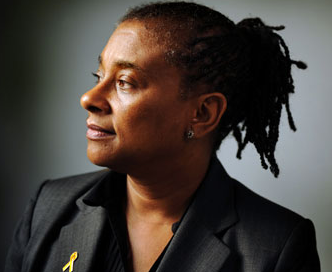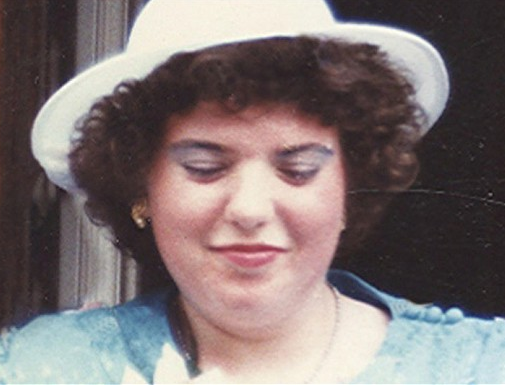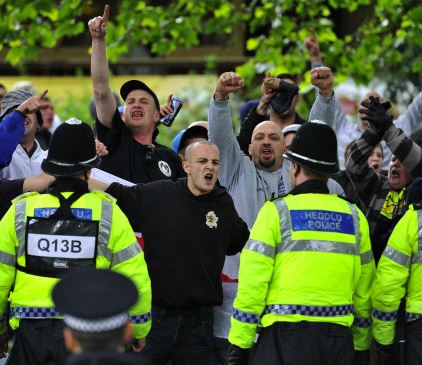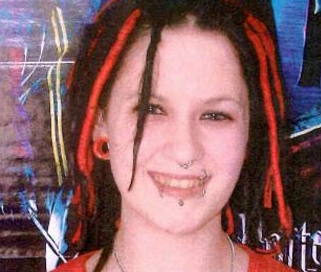This is the first in a series on hate crime in the UK.
This month marks the 20th anniversary of the high-profile murder of Stephen Lawrence, a young black man who was killed by a group of white men chanting racist slogans while he was waiting for the bus in London.

Lawrence has campaigned for better
opportunities for black and minority ethnic
youth in Britain. CREDIT: The Guardian
At the time of Lawrence’s murder in 1993, hate crime laws did not exist in the UK, but by the time the case was tried in 2011 his kilIlers were given sentence enhancements for racial bias, and religion, disability, sexual orientation and gender identity had also been recognized as protected categories under British law.

Telegraph
While press coverage of hate attacks has increased in recent years, the extreme right in Britain has become more agitated. Two groups in particular present a challenge to anti-hate campaigners: the British National Party, a political party whose policy proposes offering grants to encourage British citizens of “foreign descent” to leave the UK; and the English Defense League, an anti-Muslim hate group whose demonstrations in cities across the UK are very heavily policed and attract thousands of counter-protesters.
Una Morris of Stop Hate UK, a national anti-hate organization, said that by perpetuating misconceptions about certain minority groups, these groups can stir up hatred and cause these groups to be targeted. Mark Gardner of the Community Security Trust, an anti-hate and advocacy group for the Jewish community, added that the anti-immigrant and racist rhetoric of far-right groups can lead to “escalations in racist attacks and also in communal tensions, fears and polarization,” ultimately damaging the well-being of entire communities.

cultural and demographic change to spread
In 2011-2012, 43,748 hate crimes were reported to the police in England and Wales, 82 percent of them relating to race, 10 percent o sexual orientation, 4 percent to religion, 4 percent to disability and 1 percent to gender identity, according to Home Office statistics.
- Local reporting: Stop Hate UK runs many local reporting helplines, commissioned by police forces and local governments.
-
Text & Online reporting: A number of organizations act as third-party reporting services, eliminating the need for the victim to go directly to the police. The Community Security Trust serves this role for the Jewish community, and Tell MAMA (Measuring Anti-Muslim Attacks), established in 2012, does this for the Muslim community, who are now targeted by more hate attacks than any other religious group. Both organizations offer reporting by text and online, as does Stop Hate UK.
-
Mobile App: The Community Support Trust recently partnered with Tell MAMA, helping them set up a mobile phone app for reporting hate crimes.
-
Libraries & Universities: In some areas, hate crime reporting services have been introduced in locations in the community such as libraries, health centers, universities and mosques.
-
Housing Authorities: A housing authority in Watford, in the South of England, was recently trained as a third-party reporting service, and its tenants can report incidents to their staff by telephone or email.
